Raising teachers' salaries is a long-term investment for society.
Speaking at the discussion session on a number of laws and resolutions on education on the morning of November 20, delegate Hoang Van Cuong (Hanoi delegation) expressed strong support for the preferential occupational allowance proposed in the draft Resolution of the Politburo on breakthroughs in education and training development.
According to the draft, the State will implement outstanding preferential policies for teachers and staff of preschool and general education institutions; in which the minimum preferential allowance for teachers is 70%, 30% for staff and 100% for teachers in especially difficult areas, border areas and islands.
"I am not a beneficiary of this incentive, but I am truly happy for the country's education cause, when teachers are cared for with specific policies and regimes, not just praised with words," the former Vice Principal of the National Economics University shared.
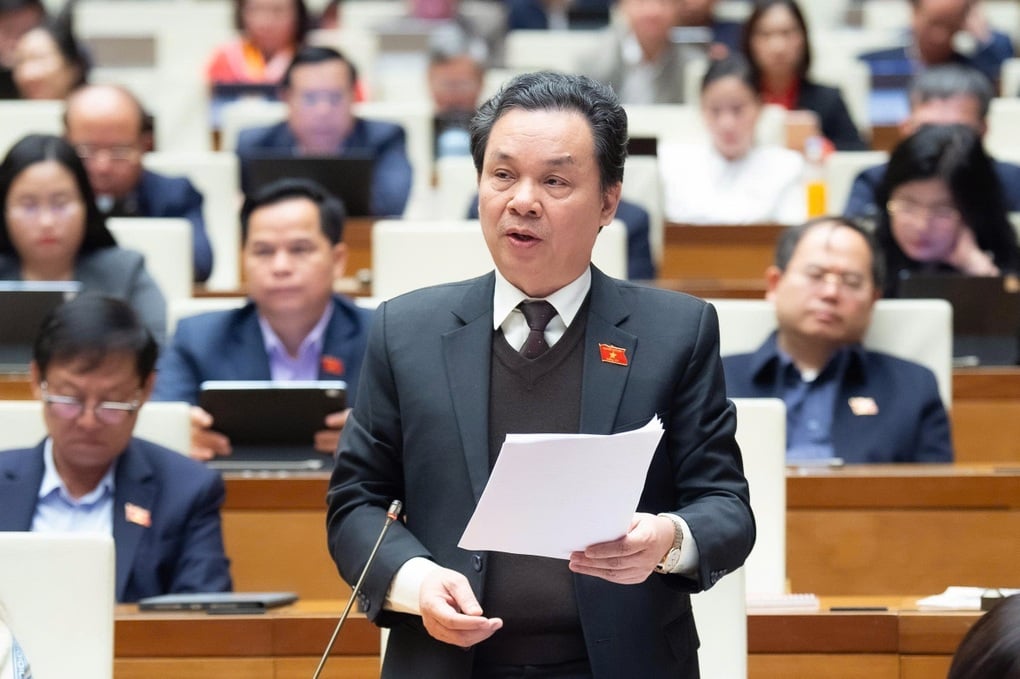
Delegate Hoang Van Cuong (Photo: Media QH).
Mr. Cuong emphasized that teaching is a special profession, requiring teachers to maintain their dignity and honor to set an example. Teachers cannot easily work extra jobs like many other professions, even teaching extra classes in the right field is limited by regulations.
Comparing to the medical profession, he said that doctors can practice in both public and private hospitals, while teachers are not allowed to teach their own students more than what is taught in school.
Therefore, increasing allowances is not only to compensate for income, but also a long-term investment that brings great social benefits: "With a better regime, teachers will be more devoted to the school, have higher responsibility and society will have more supervision."
This policy, according to Mr. Cuong, will contribute to building a team of qualified teachers - the decisive factor for the success of education.
Need for symmetry and fairness
From the policy implementation perspective, delegate Pham Hung Thang (Ninh Binh delegation) analyzed in detail the allowance levels in the draft and said that there were points that were not commensurate with the policy for the health sector.
He cited that in the draft on the special mechanism for primary health care, medical staff in disadvantaged and especially disadvantaged areas are entitled to 100% preferential allowances. Meanwhile, for teachers, the 100% level only applies to especially disadvantaged areas, while disadvantaged areas are not entitled to this level.
"That is not fair and does not reflect the superior spirit of the policy," Mr. Thang commented.
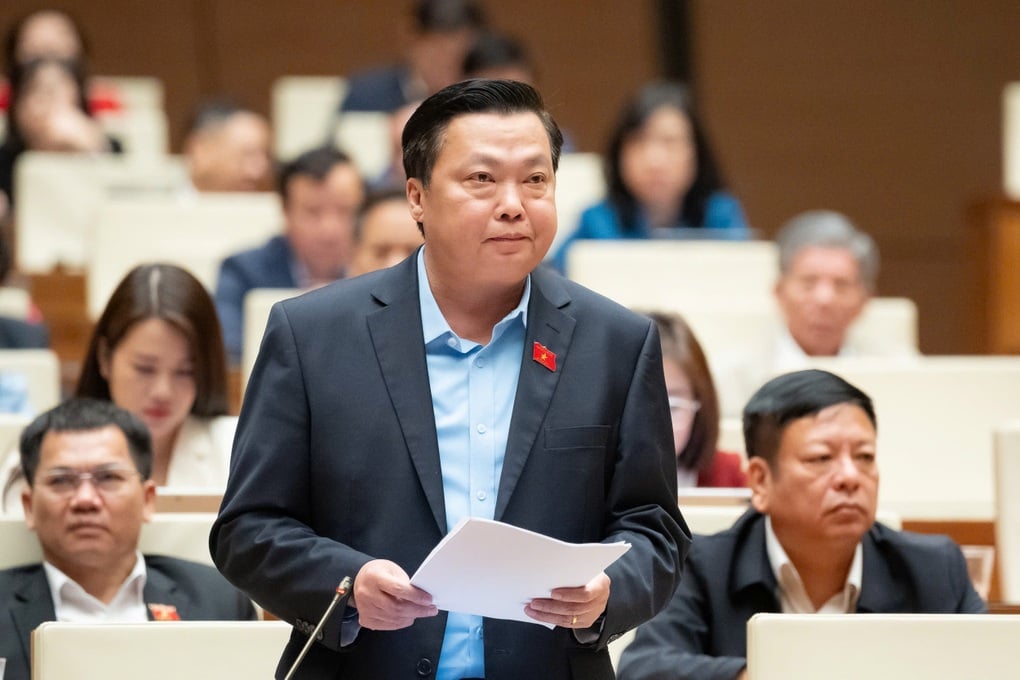
Delegate Pham Hung Thang, Ninh Binh delegation (Photo: Media QH).
He proposed expanding the scope of higher allowances for teachers working in disadvantaged areas, approaching the 100% level similar to the health sector. For kindergarten and primary school staff, he said the 30% level applied to all areas is unreasonable, because those working in disadvantaged and especially disadvantaged areas should receive a higher level.
In addition, Mr. Thang noted that the determination of policy-benefiting areas needs to be unified to avoid omissions or exploitation. He suggested that the Government review Decree 272/2025 to have clear criteria and ensure funding sources, policy feasibility and implementation roadmap.
"Are the resources sufficient?"
Delegate Nguyen Thi Tuyet Nga (Quang Tri delegation) expressed her excitement at the policies specifically for teachers. However, she also expressed concerns about the specific mechanism and roadmap for implementing these policies.
"The resolution's documents do not have clear figures on resources. Although I have high hopes, I am also very concerned about the difficulties and obstacles in implementing it in practice," she questioned.
Sharing the same view, delegate Do Huy Khanh (Dong Nai delegation), a person who grew up in the education sector, expressed his agreement on the policy, but also raised a deep concern that many teachers are asking: where are the resources to implement it?
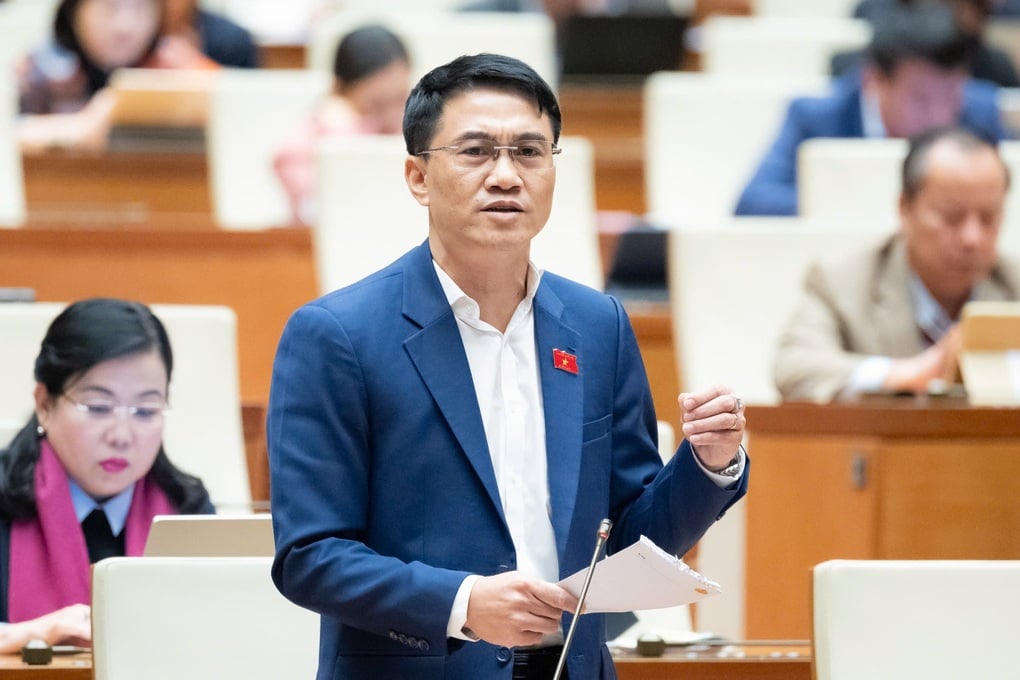
Delegate Do Huy Khanh, Dong Nai delegation (Photo: Media QH).
He said frankly: "I know this policy is very good, I am really grateful for that. But not only teachers are having difficulties, but many other sectors such as health care, commune-level professional staff are also in a similar situation, having to work until 7-8 pm every day without having their salaries adjusted for many years. They are also waiting for January 1, 2026 to improve their income, but "don't know if they will get a raise or not".
According to Mr. Khanh, if an attractive allowance policy is announced but resources are not carefully calculated, the consequence is that the teaching staff will have high expectations but then "wait, hope and in the end get nothing".
He requested that responsible agencies, especially the Ministry of Finance, must give clear and transparent answers about the ability to balance the budget, ensuring feasible and sustainable policies.
"20% of the budget for education is not a breakthrough"
Concerned about resources for education, delegate Nguyen Thi Tuyet Nga said that the regulation in Article 6: The State guarantees to spend at least 20% of the budget on education "is not a breakthrough".
She analyzed that this expenditure level was actually stated in Resolution 37 of the National Assembly in 2004 and codified in the Education Law, but for a long time the education budget was only enough to cover salaries, while investment and expenditure for educational activities were still very limited.
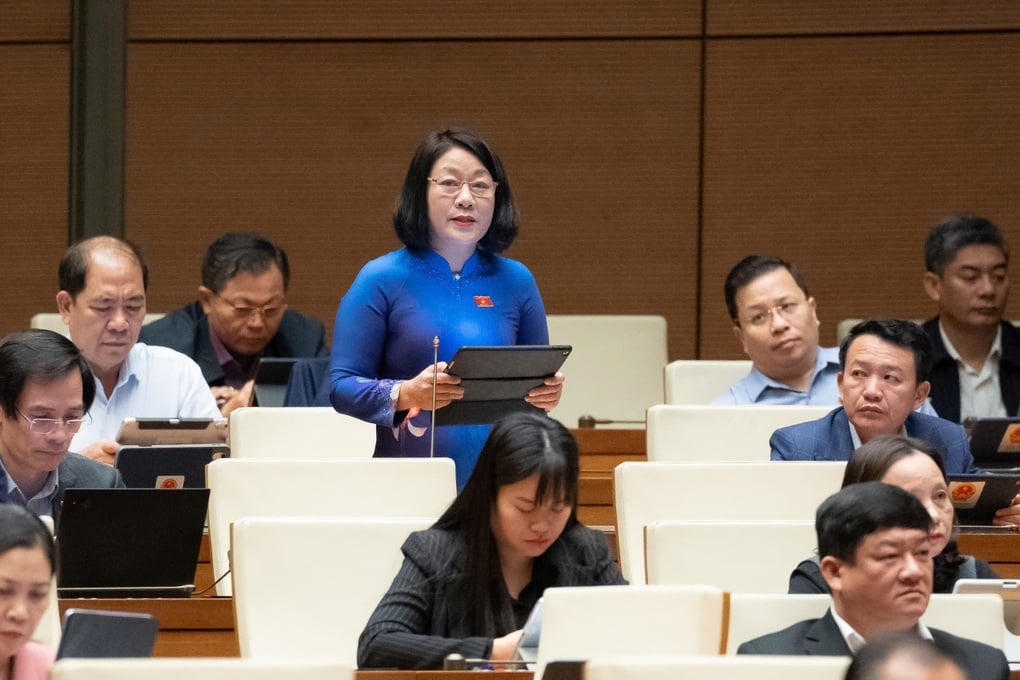
Delegate Nguyen Thi Tuyet Nga, Quang Tri delegation (Photo: Media QH).
In the context of Resolution 71 posing many new, urgent and breakthrough tasks, delegates asked the question: "So what will be the resources for implementation?"
According to Ms. Nga, it is undeniable that there is a limit to the "budget cake", and the 20% level is already a great effort. However, for the policy to be feasible, the draft resolution must clarify the financial mechanism, investment mechanism and how to use resources effectively, and clearly identify that we cannot rely solely on the state budget.
She said the current legal framework for public-private partnerships in education is incomplete, which could put businesses investing in public schools at risk. Therefore, the draft needs to boldly amend and supplement superior mechanisms to attract private resources.
Source: https://dantri.com.vn/giao-duc/giao-vien-can-duoc-tang-luong-nhung-nhieu-nghe-khac-cung-kho-khan-20251120133253047.htm


![[Photo] President Luong Cuong receives President of the Senate of the Czech Republic Milos Vystrcil](/_next/image?url=https%3A%2F%2Fvphoto.vietnam.vn%2Fthumb%2F1200x675%2Fvietnam%2Fresource%2FIMAGE%2F2025%2F11%2F20%2F1763629737266_ndo_br_1-jpg.webp&w=3840&q=75)



![[Photo] Lam Dong: Panoramic view of Lien Khuong waterfall rolling like never before](/_next/image?url=https%3A%2F%2Fvphoto.vietnam.vn%2Fthumb%2F1200x675%2Fvietnam%2Fresource%2FIMAGE%2F2025%2F11%2F20%2F1763633331783_lk7-jpg.webp&w=3840&q=75)
![[Photo] National Assembly Chairman Tran Thanh Man holds talks with South Korean National Assembly Chairman Woo Won Shik](/_next/image?url=https%3A%2F%2Fvphoto.vietnam.vn%2Fthumb%2F1200x675%2Fvietnam%2Fresource%2FIMAGE%2F2025%2F11%2F20%2F1763629724919_hq-5175-jpg.webp&w=3840&q=75)


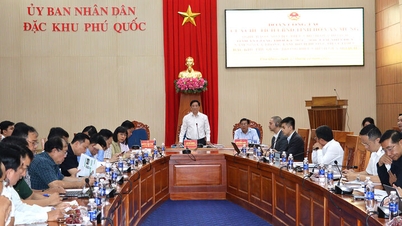

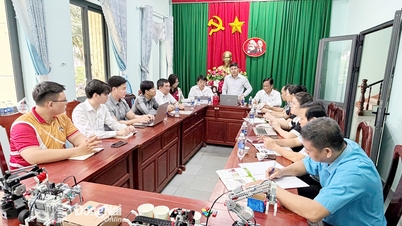

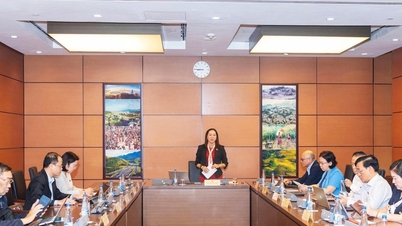

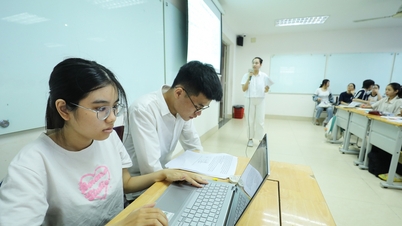

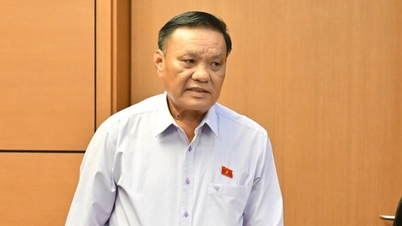




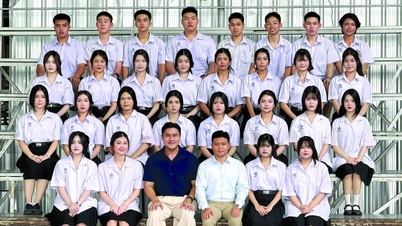













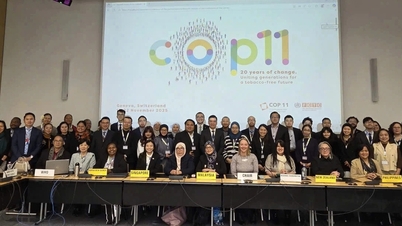















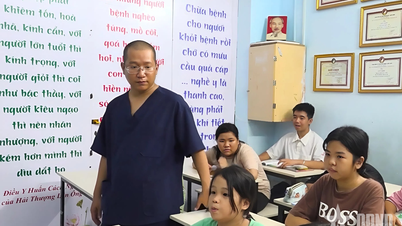

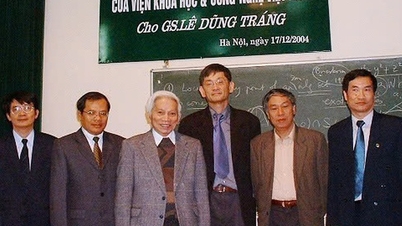
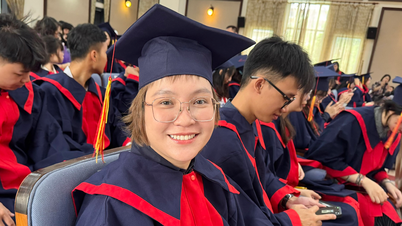




















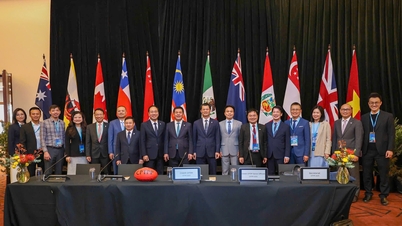



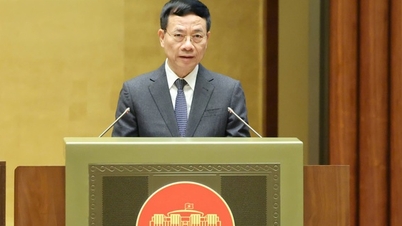




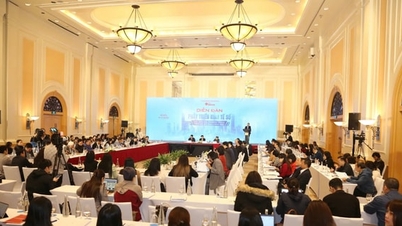

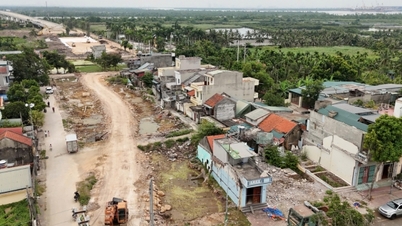
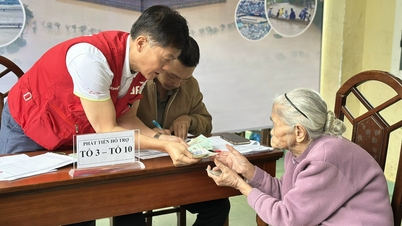

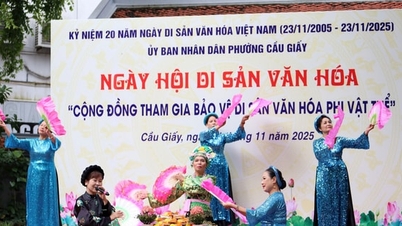
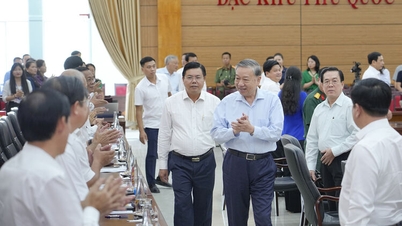
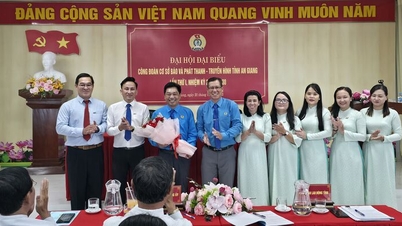















Comment (0)